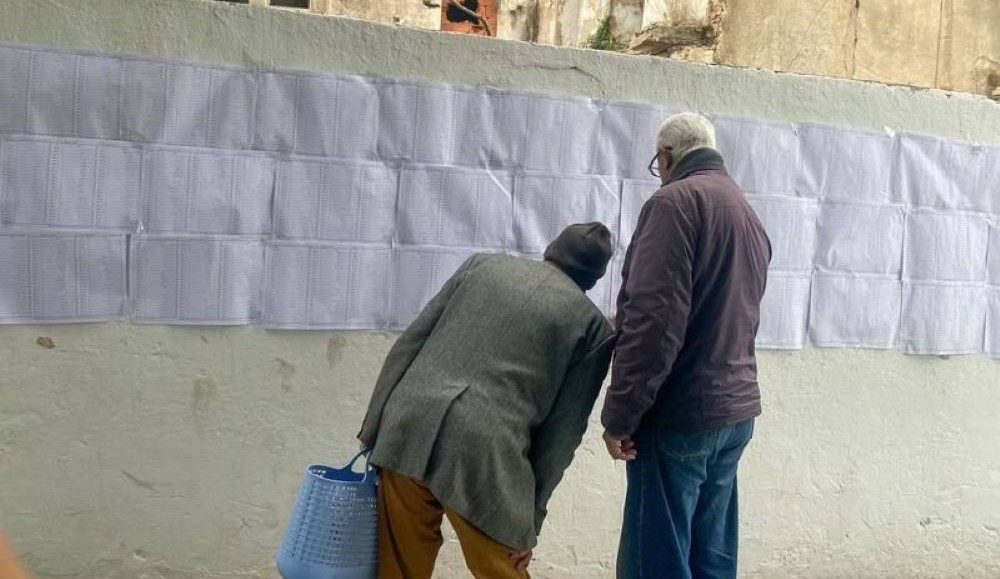(3 Minutes Read)
According to the Independent High Authority for Elections (Isie), a mere 11.66% of the 9 million eligible voters (out of a population of 12 million) participated in the polls. President Saied, elected in October 2019, has consolidated all powers since July 25, 2021
Tunisia’s local elections faced significant voter disapproval as citizens largely rejected the initiative. The elections, intended to establish a second parliamentary chamber, are seen by the opposition as another step in President Kais Saied’s authoritative governance.
According to the Independent High Authority for Elections (Isie), a mere 11.66% of the 9 million eligible voters (out of a population of 12 million) participated in the polls. President Saied, elected in October 2019, has consolidated all powers since July 25, 2021. Having amended the Constitution through a summer 2022 referendum, the new structure includes a two-chamber Parliament: the Assembly of People’s Representatives (ARP) and a National Council of Regions and Districts.
The ARP, which has very limited powers, took office in the spring of 2023 after legislative elections were boycotted by the opposition and massively rejected by voters (11% turnout).
The investiture of the second chamber is scheduled for June 2024, at the end of a complex process of local ballots and draws. The Council will decide on the state budget and regional development projects. Tunisians were invited to elect more than 2,000 local councillors from around 7,000 candidates, according to the electoral authority Isie.
In addition to the 2,155 councillors elected (some of whom will be elected after a second round at the beginning of 2024), 279 people with disabilities will be drawn at random from a thousand candidates. Regional councillors will then be drawn by lot from among the local councillors, who will then vote among themselves to appoint district councillors.
At the top of the pyramid, the 77 members of the second chamber of parliament will be chosen by votes from regional and district councillors. The Isie will announce the preliminary results of the first round on 27 December. The second round is scheduled for February.
Read Also:
https://trendsnafrica.com/tunisia-held-local-elections-amidst-lack-of-enthusiasm-from-electorate/
https://trendsnafrica.com/tunisia-held-local-elections-amidst-lack-of-enthusiasm-from-electorate/
The opposition has called for a boycott of this “illegal” vote, which it claims was “imposed” by President Said to complete his “authoritarian” process.





